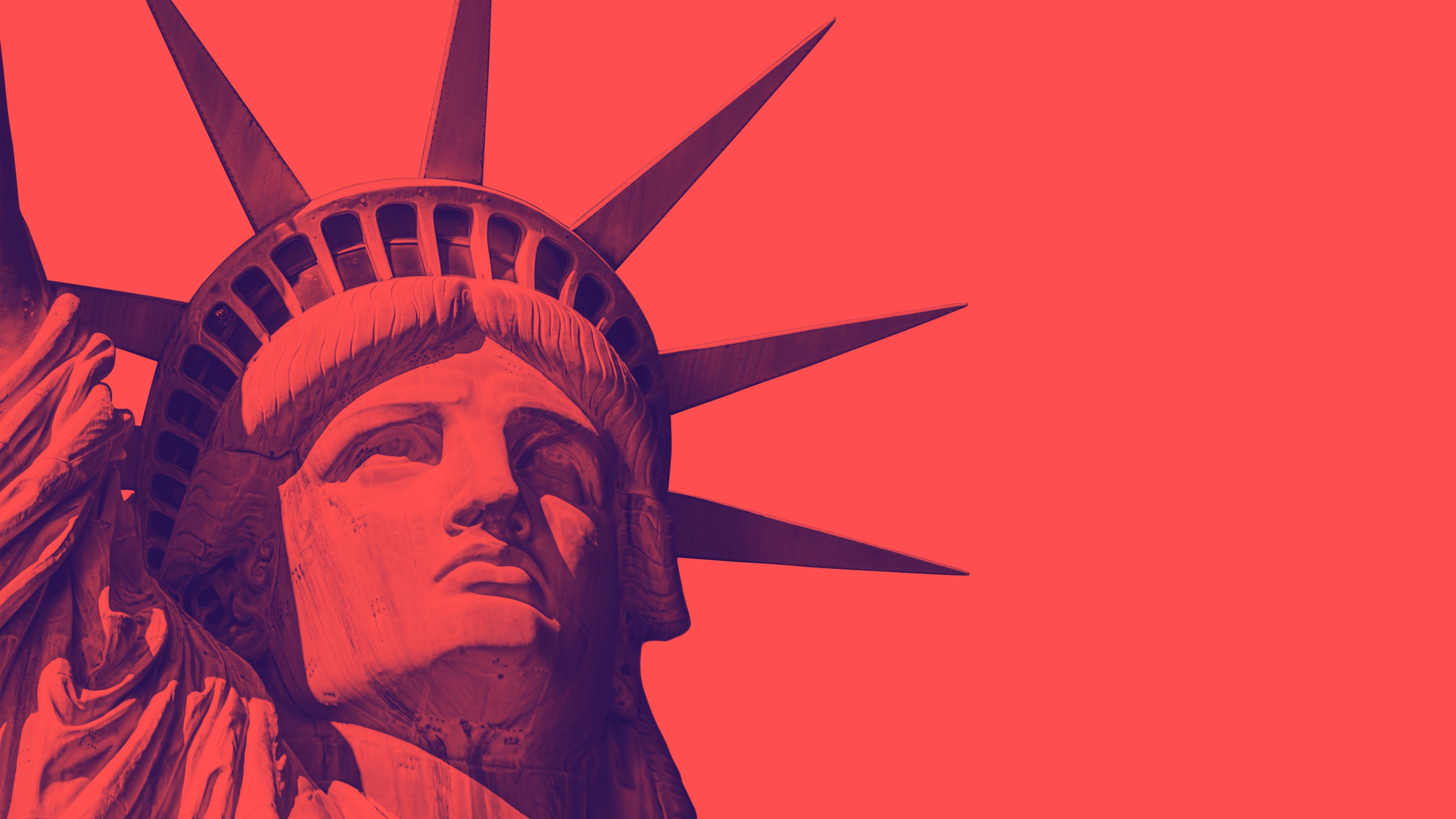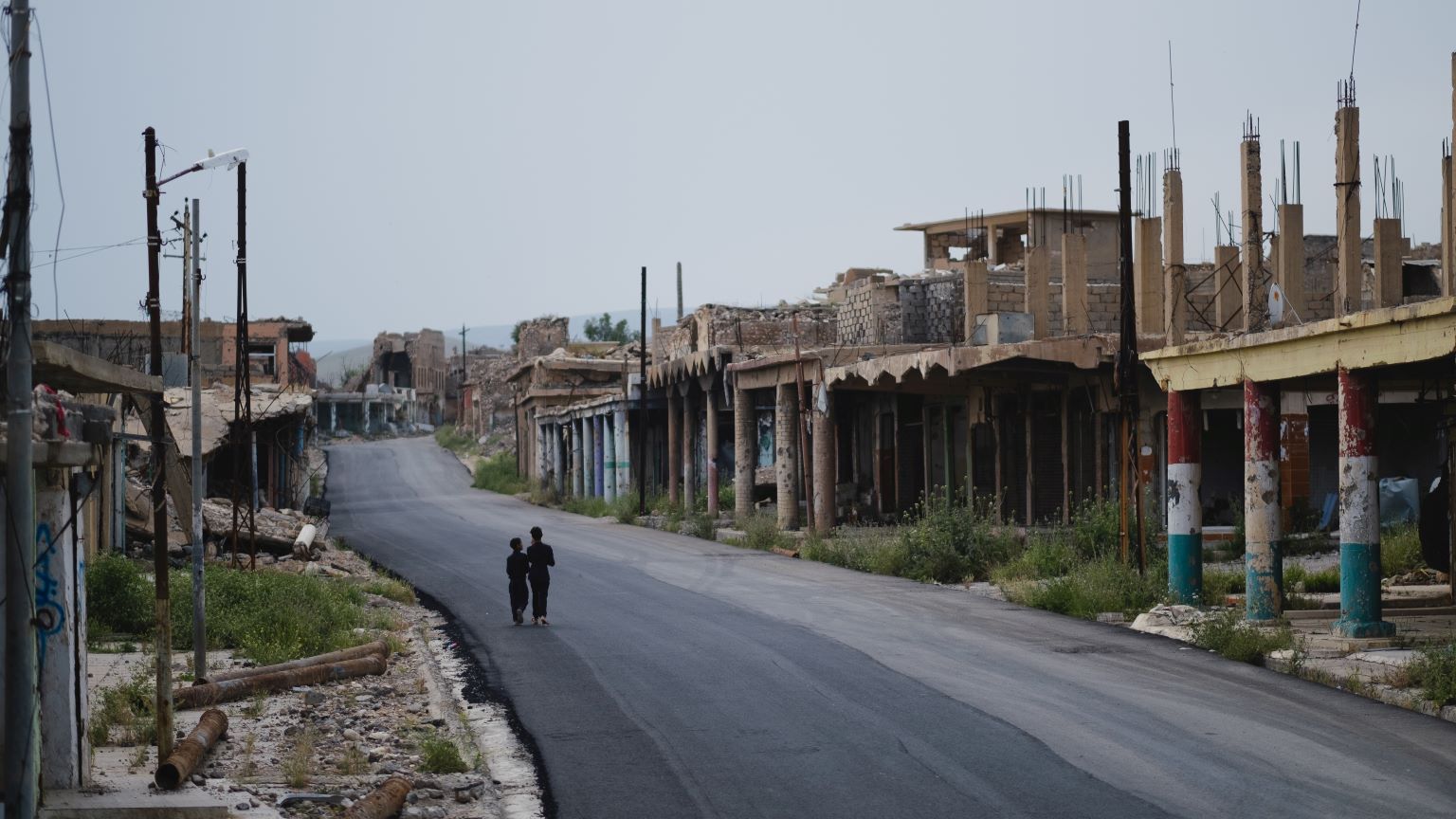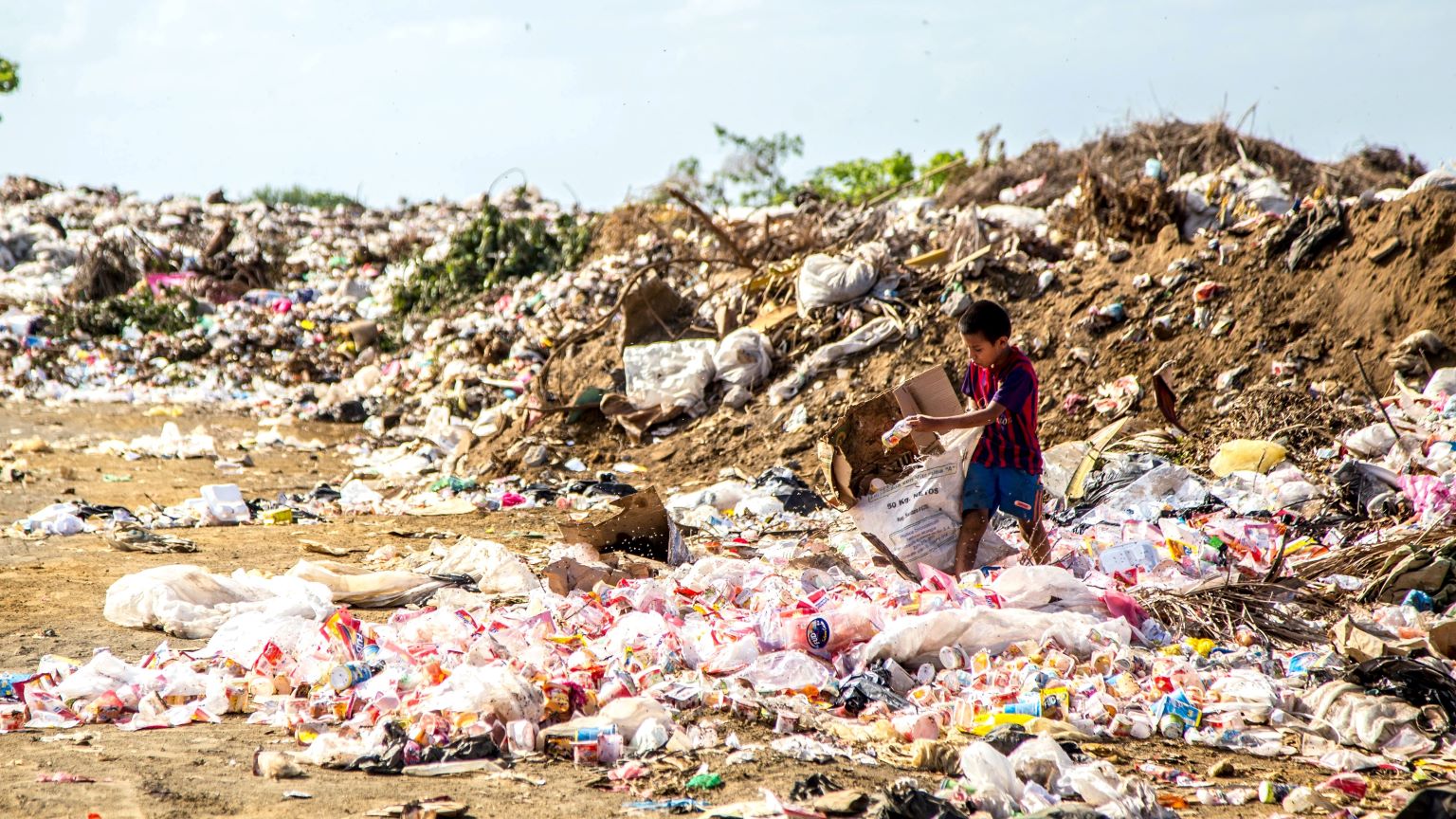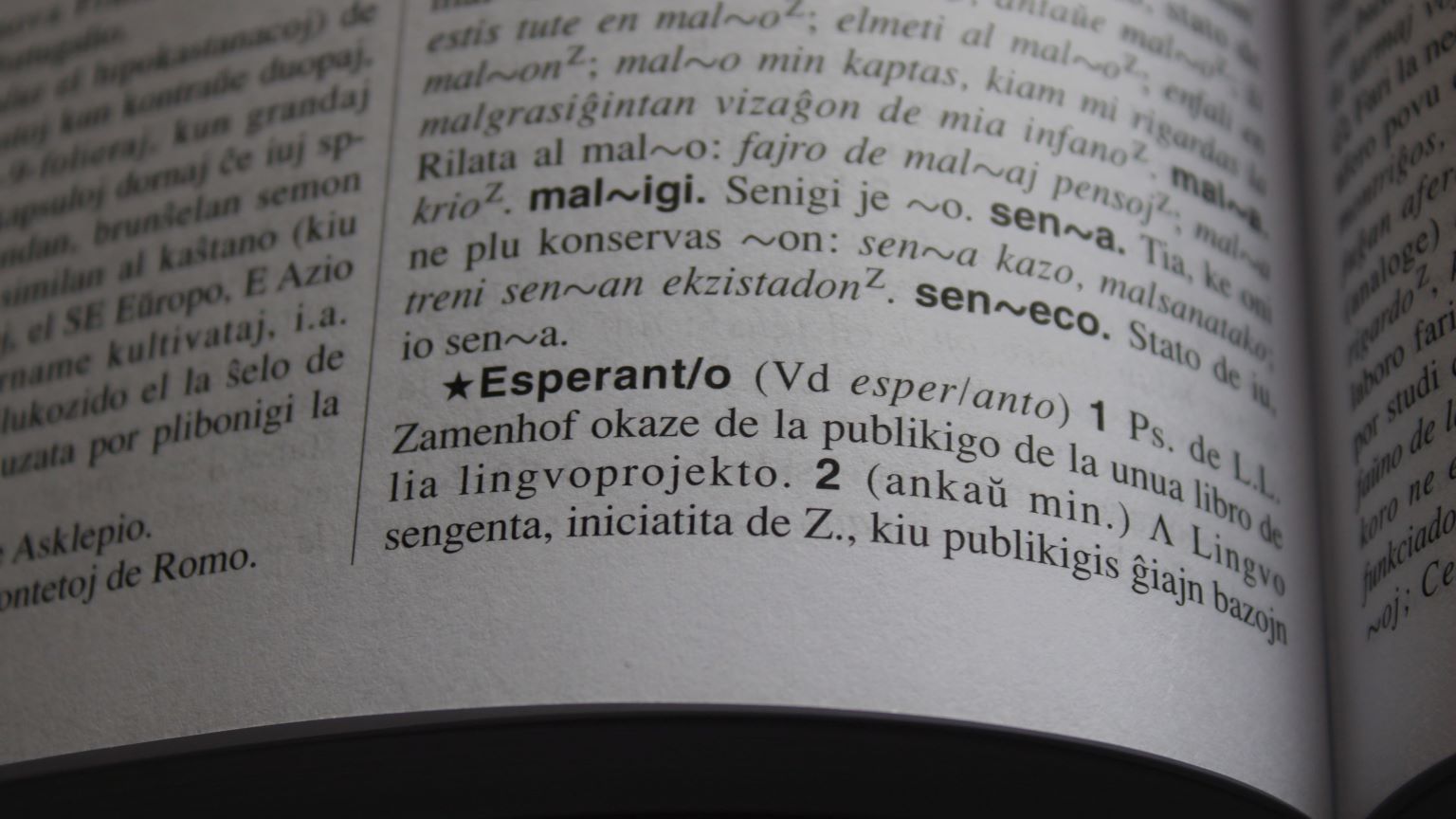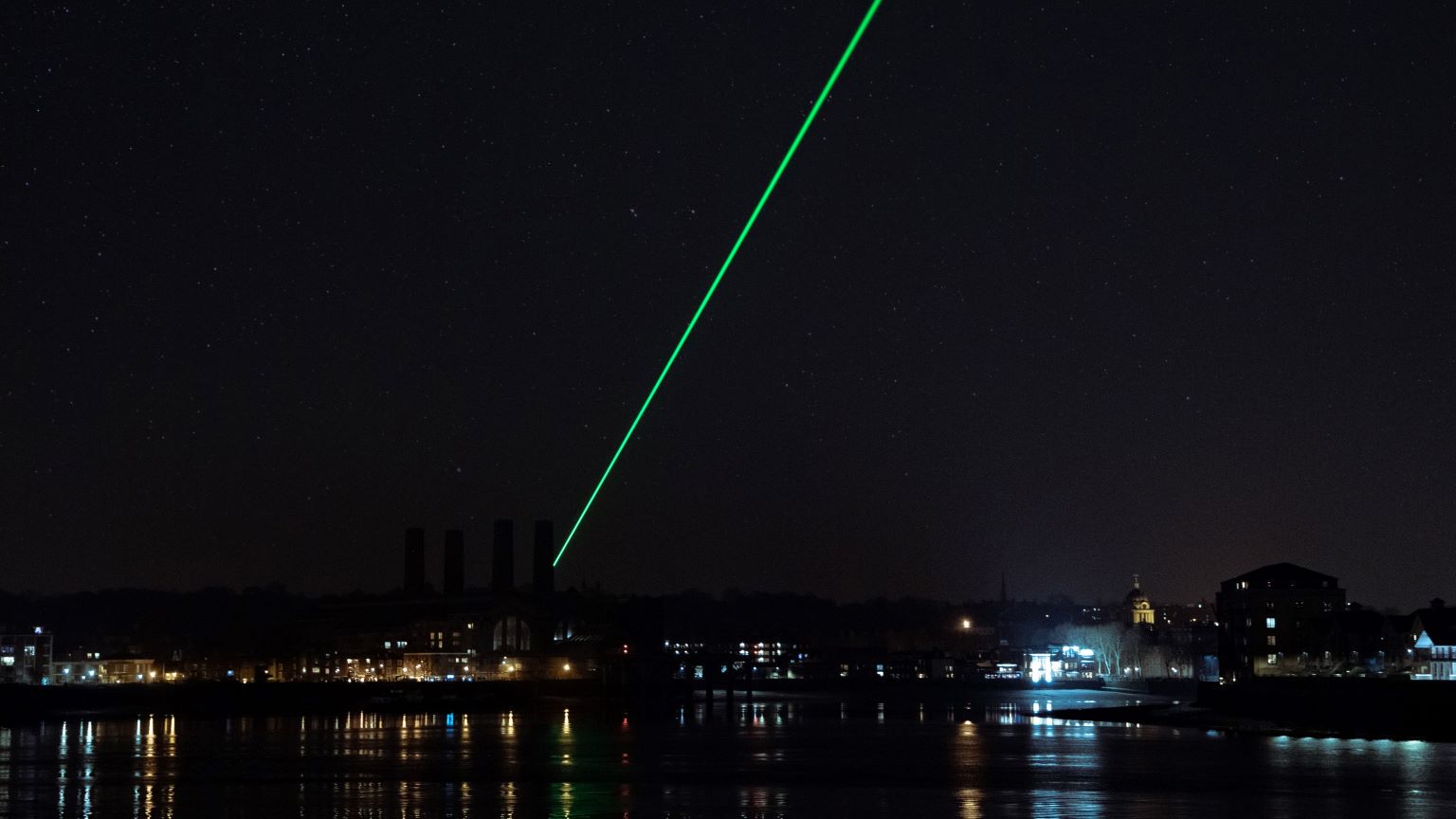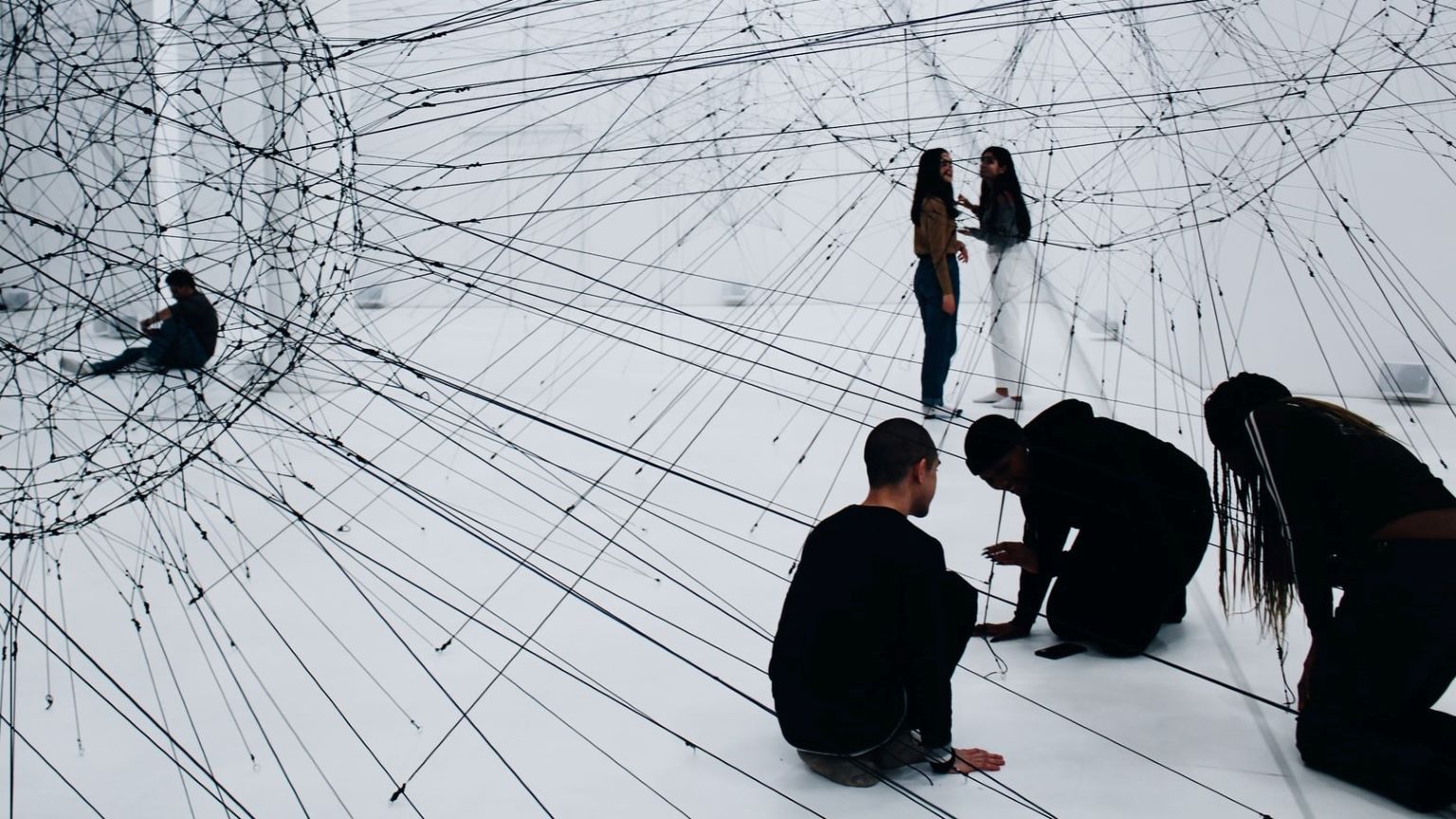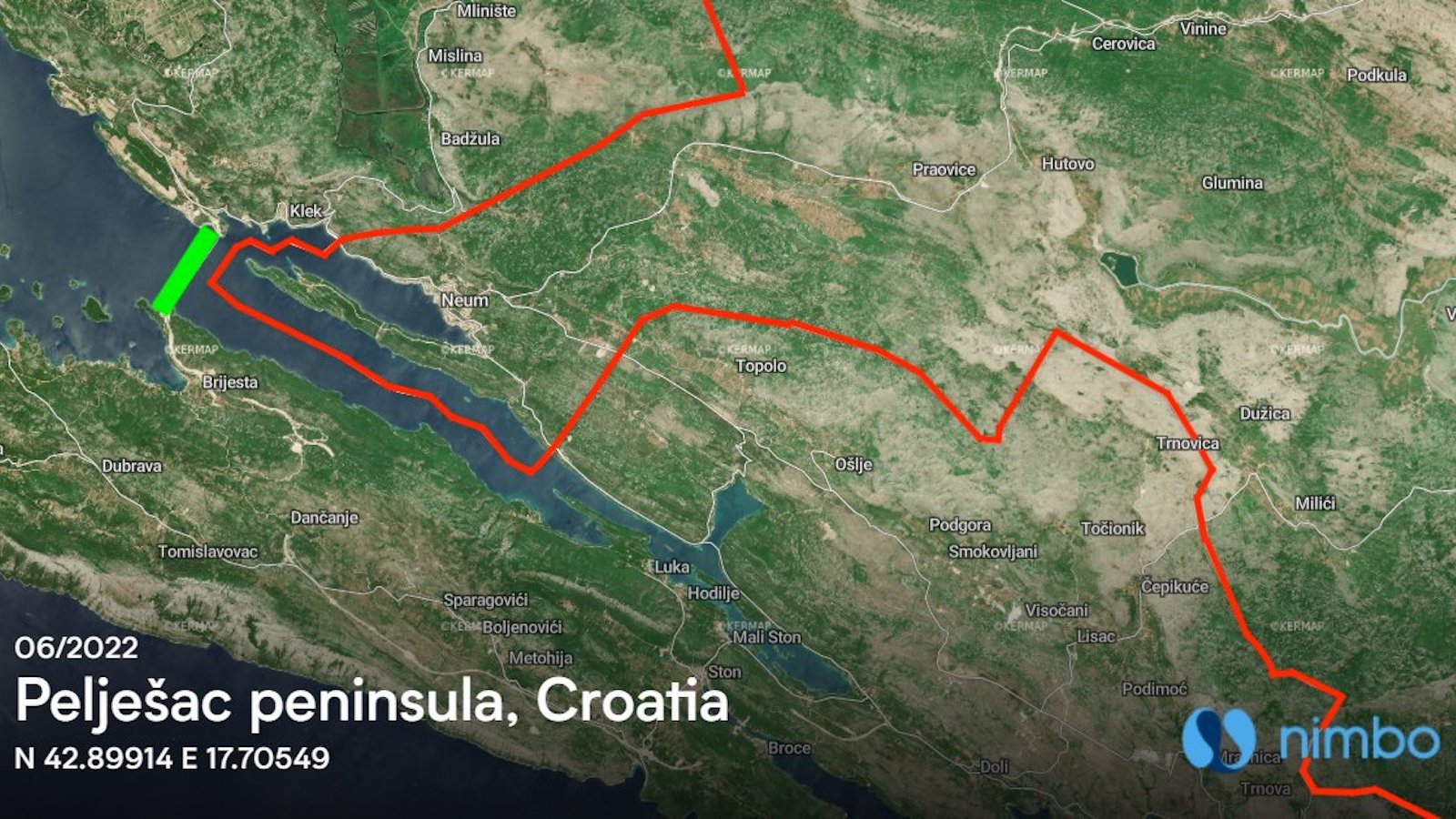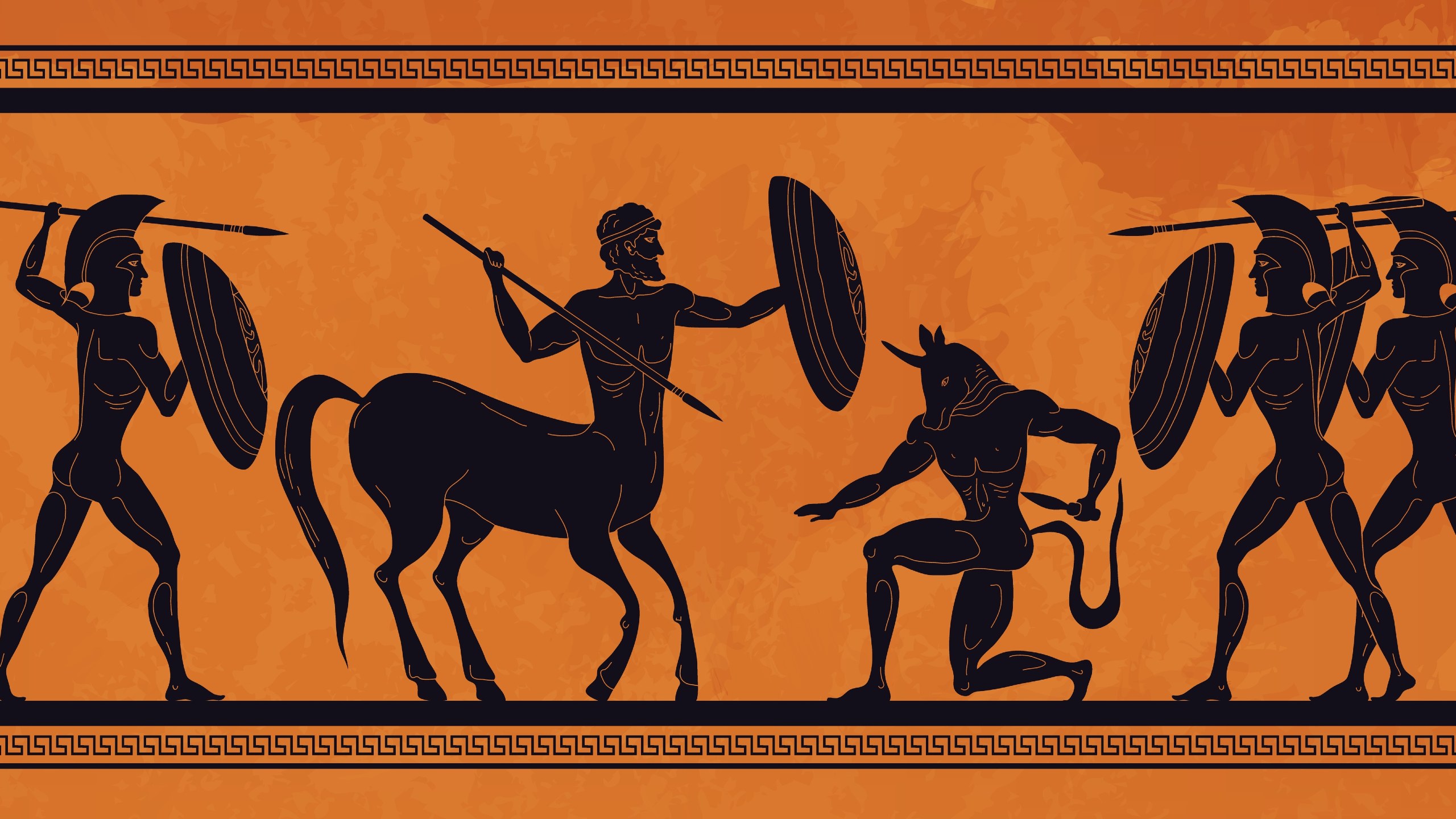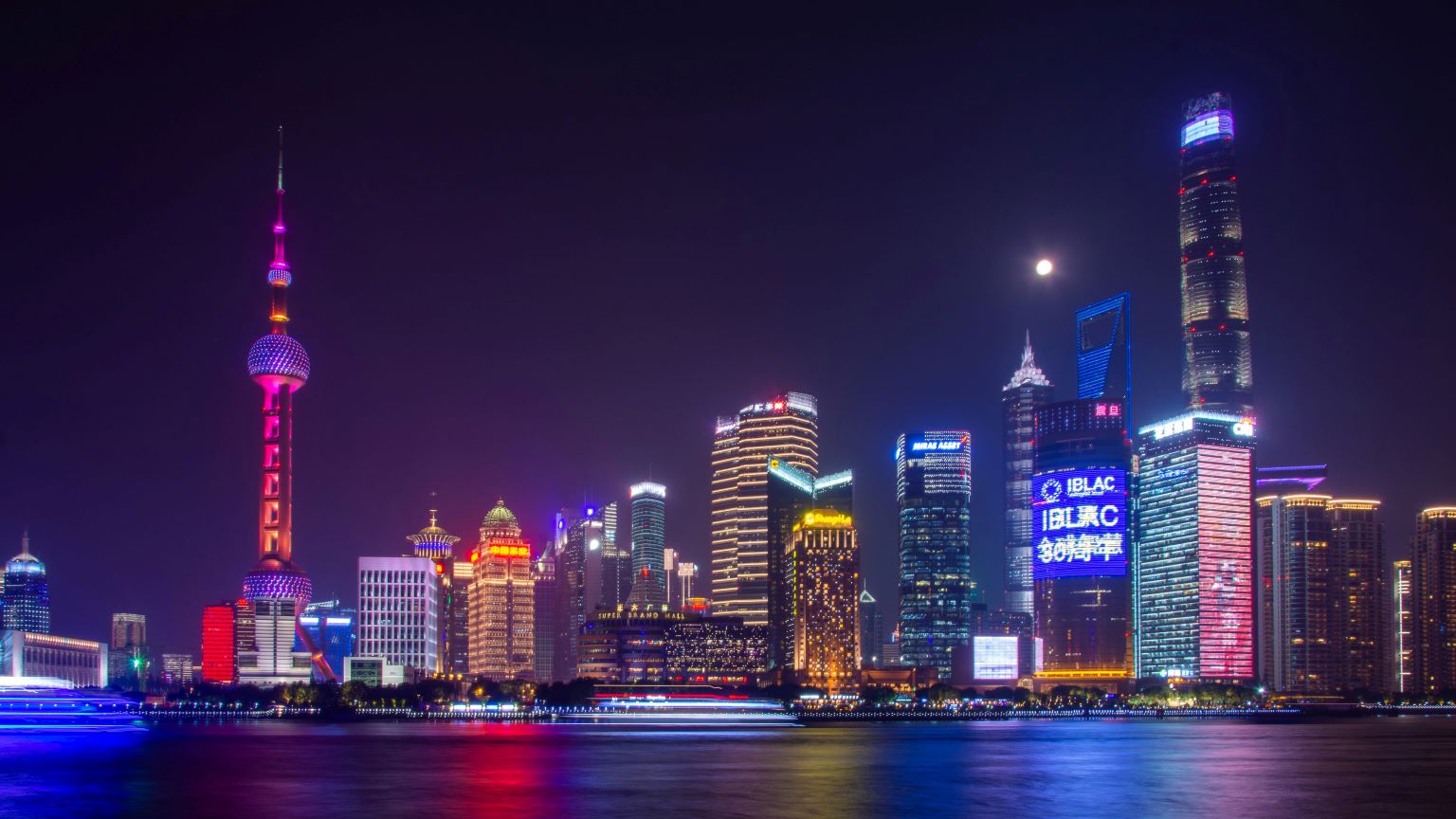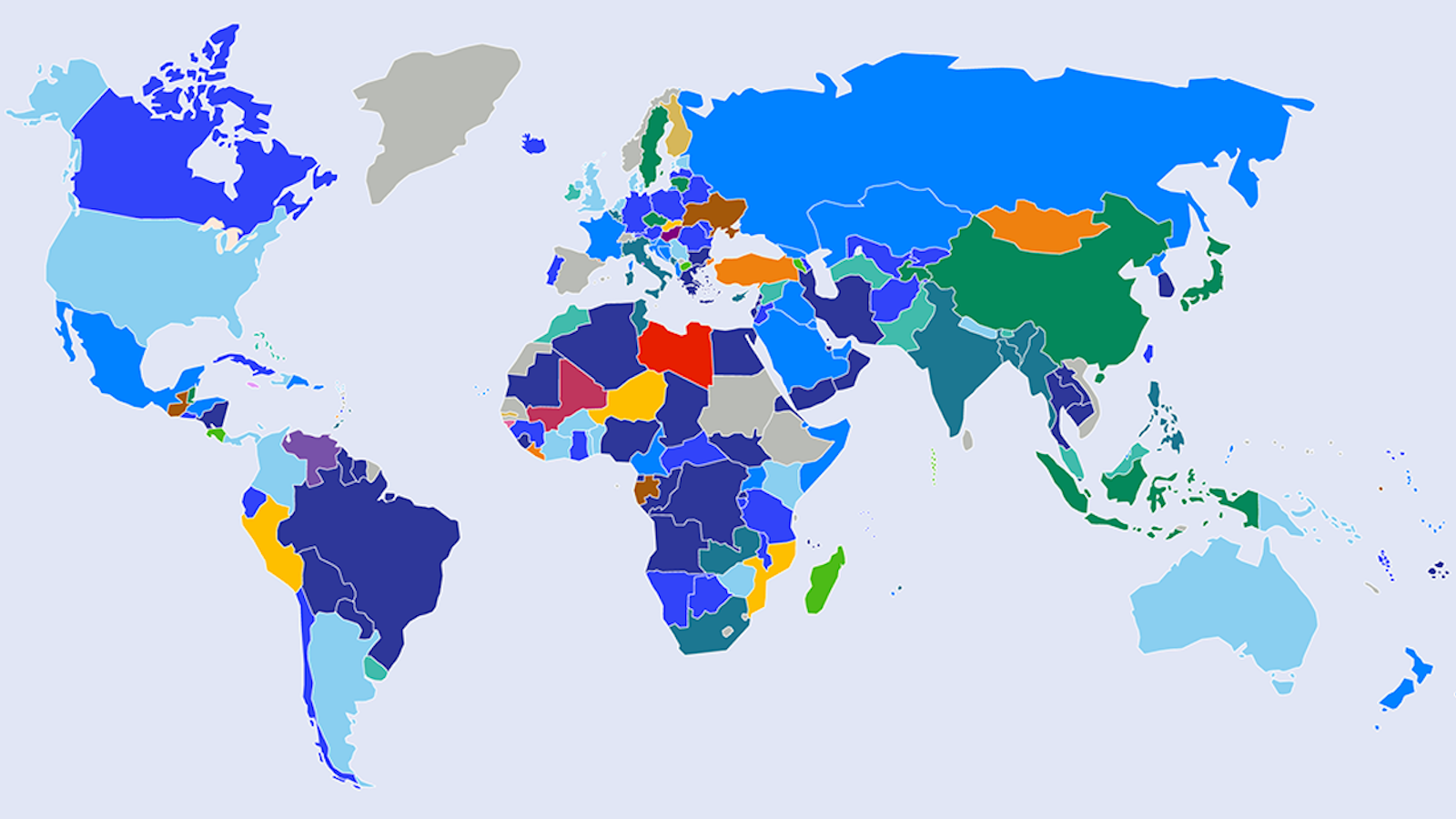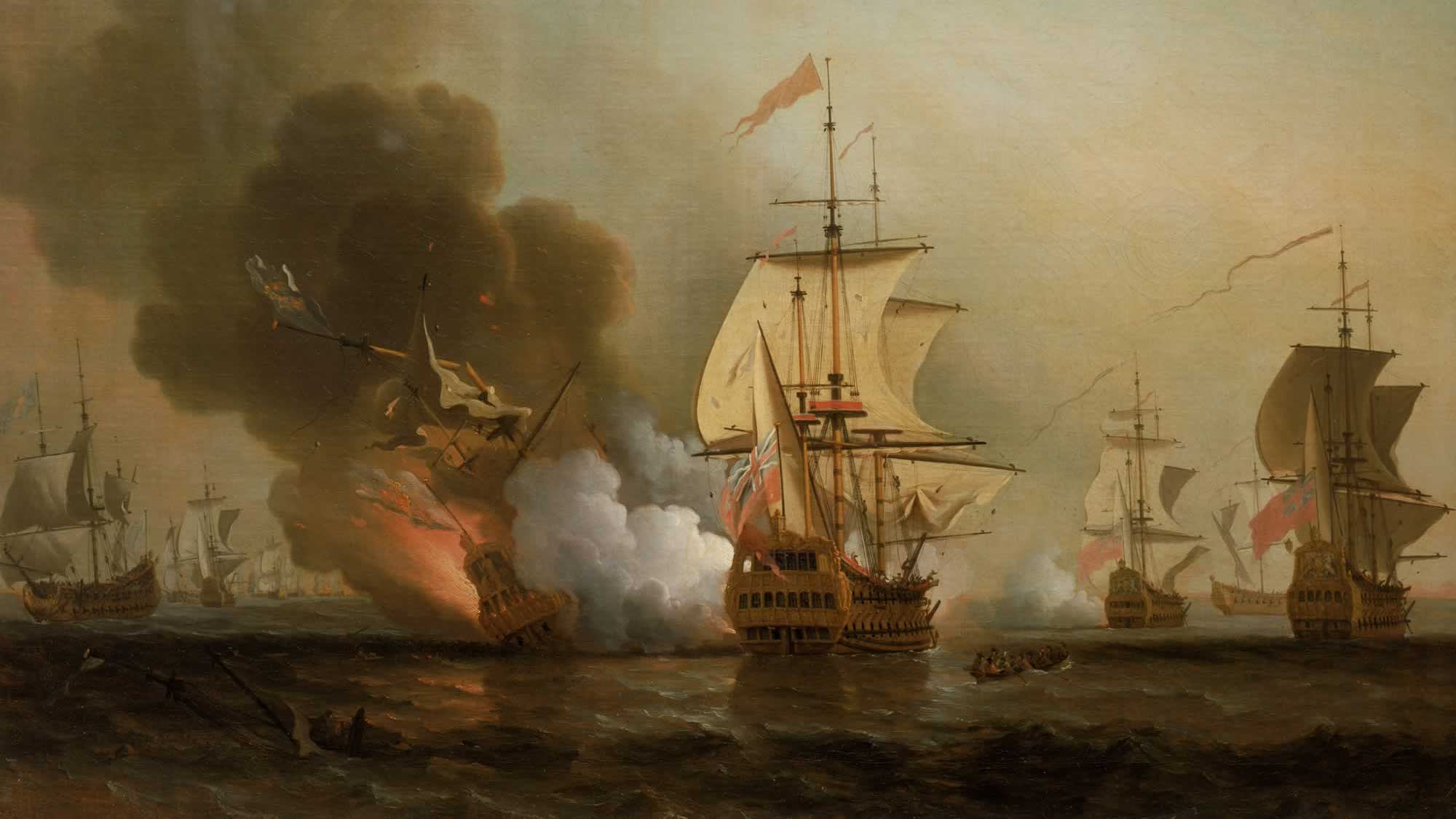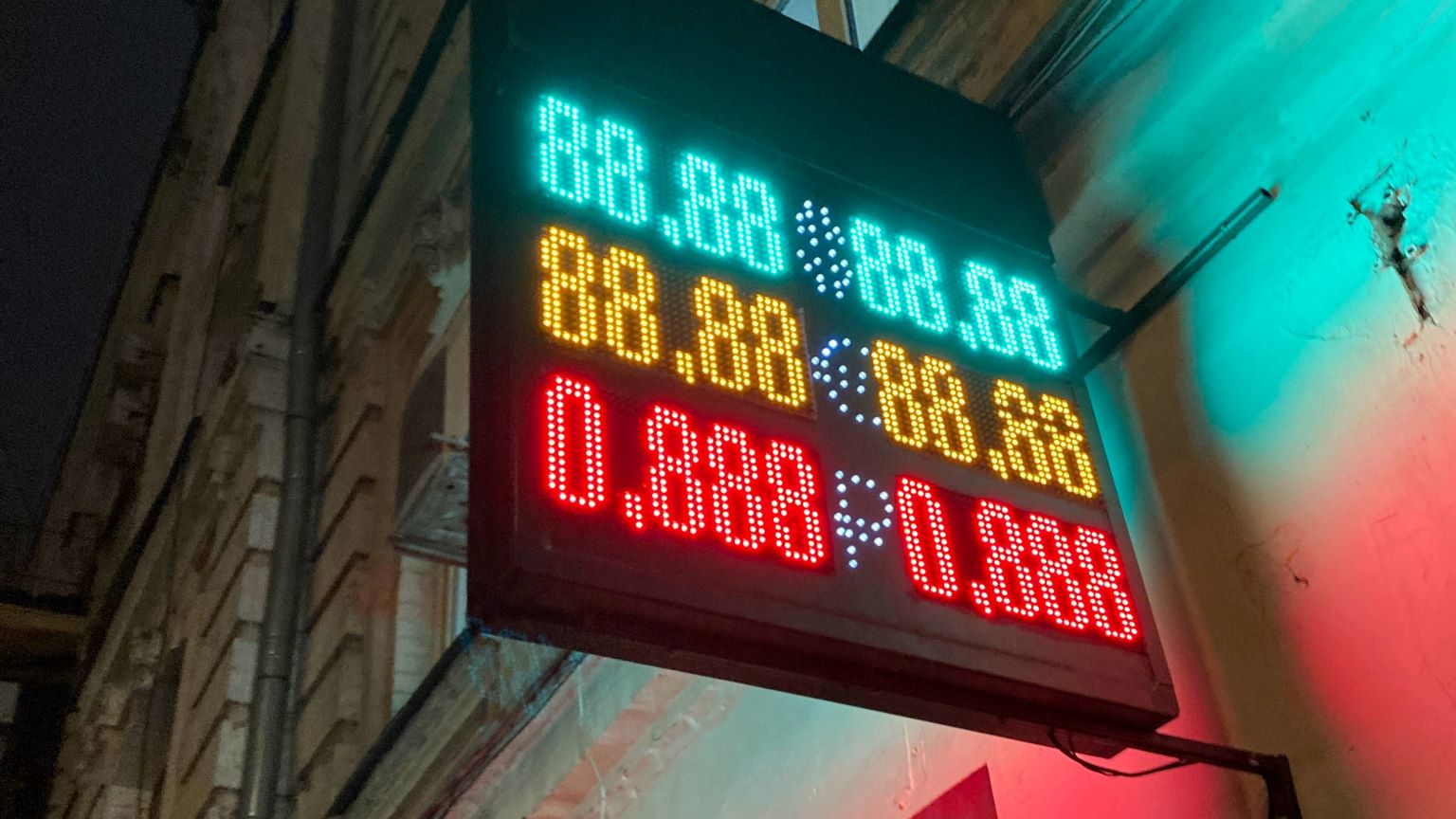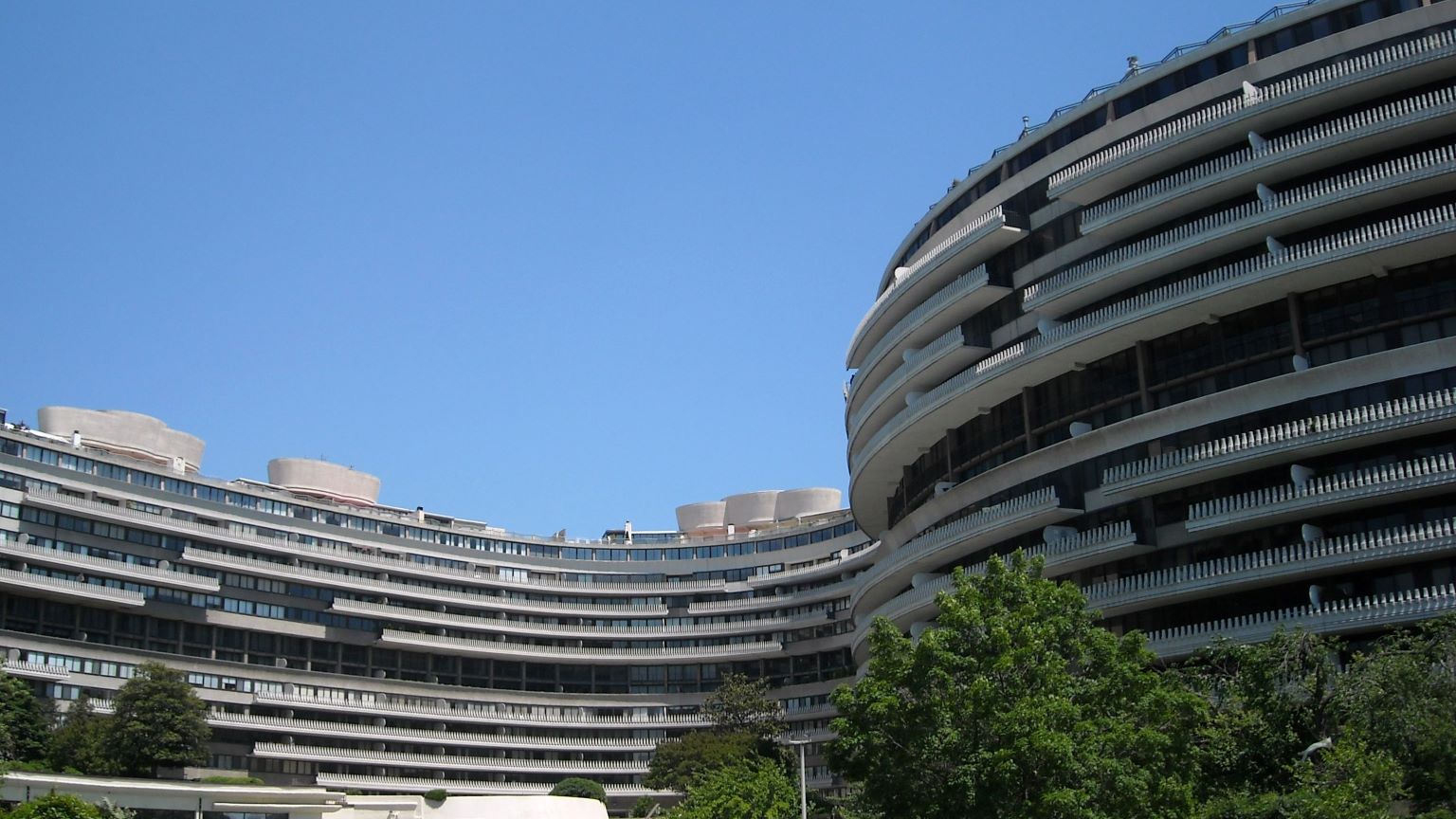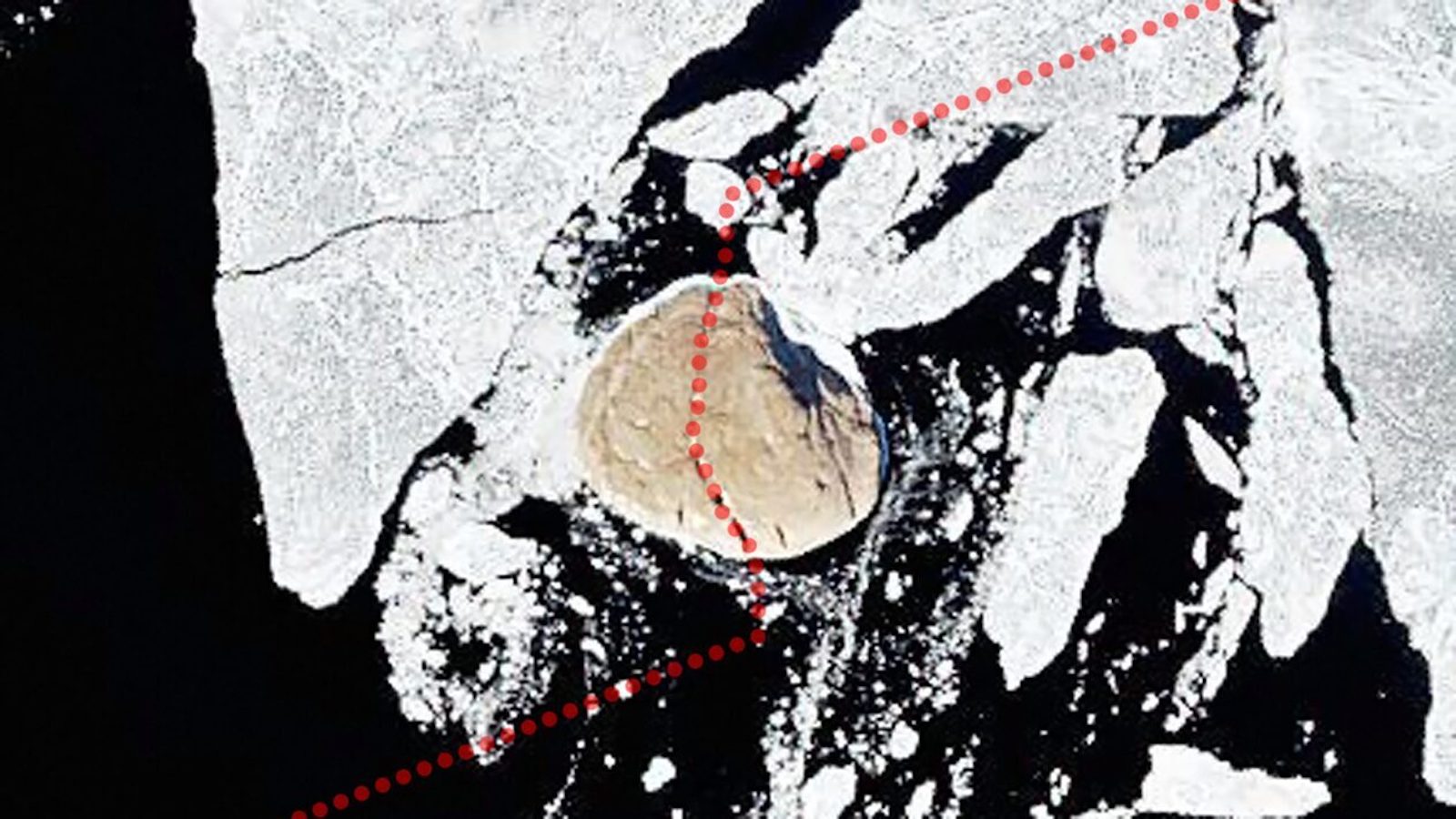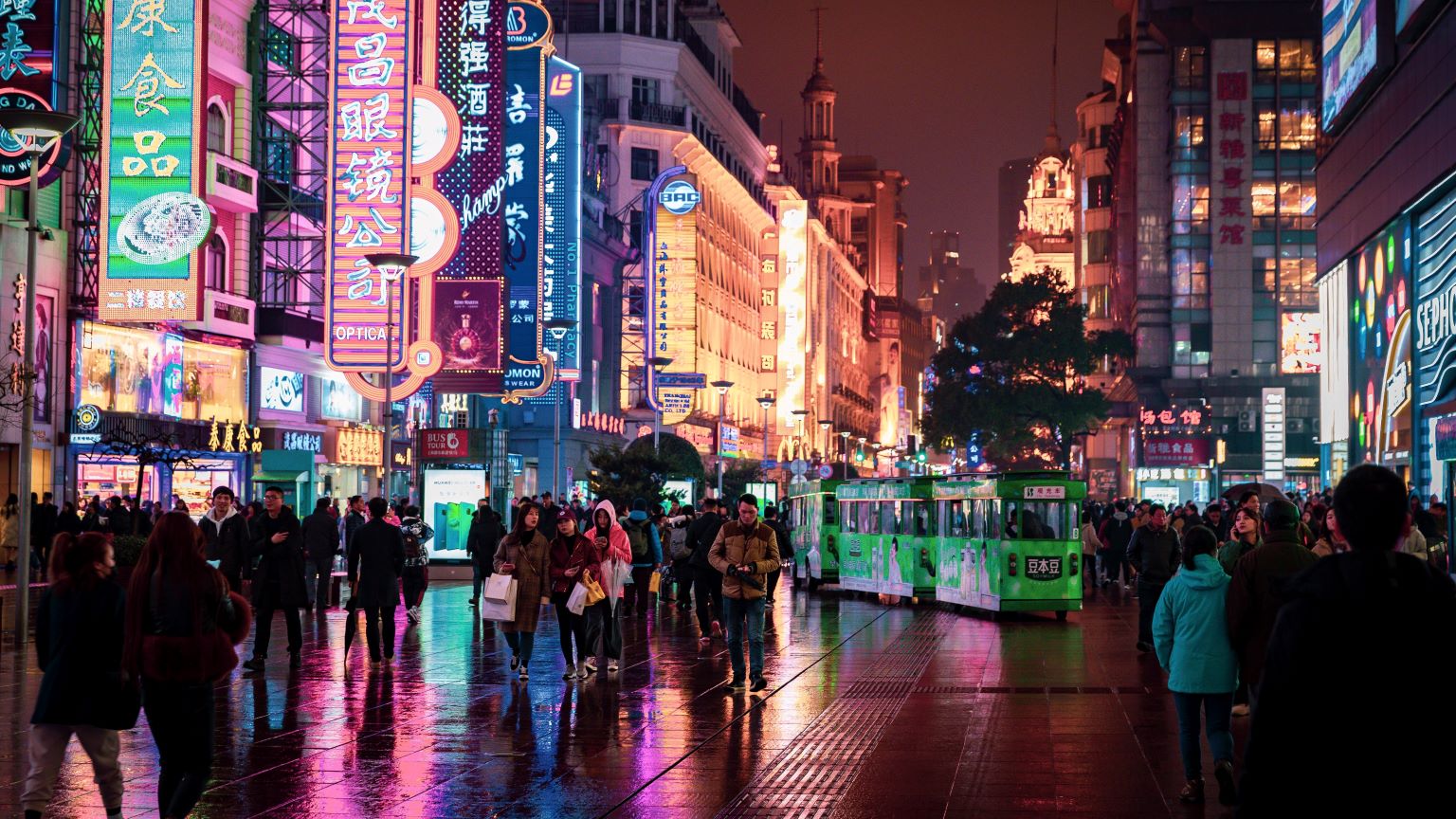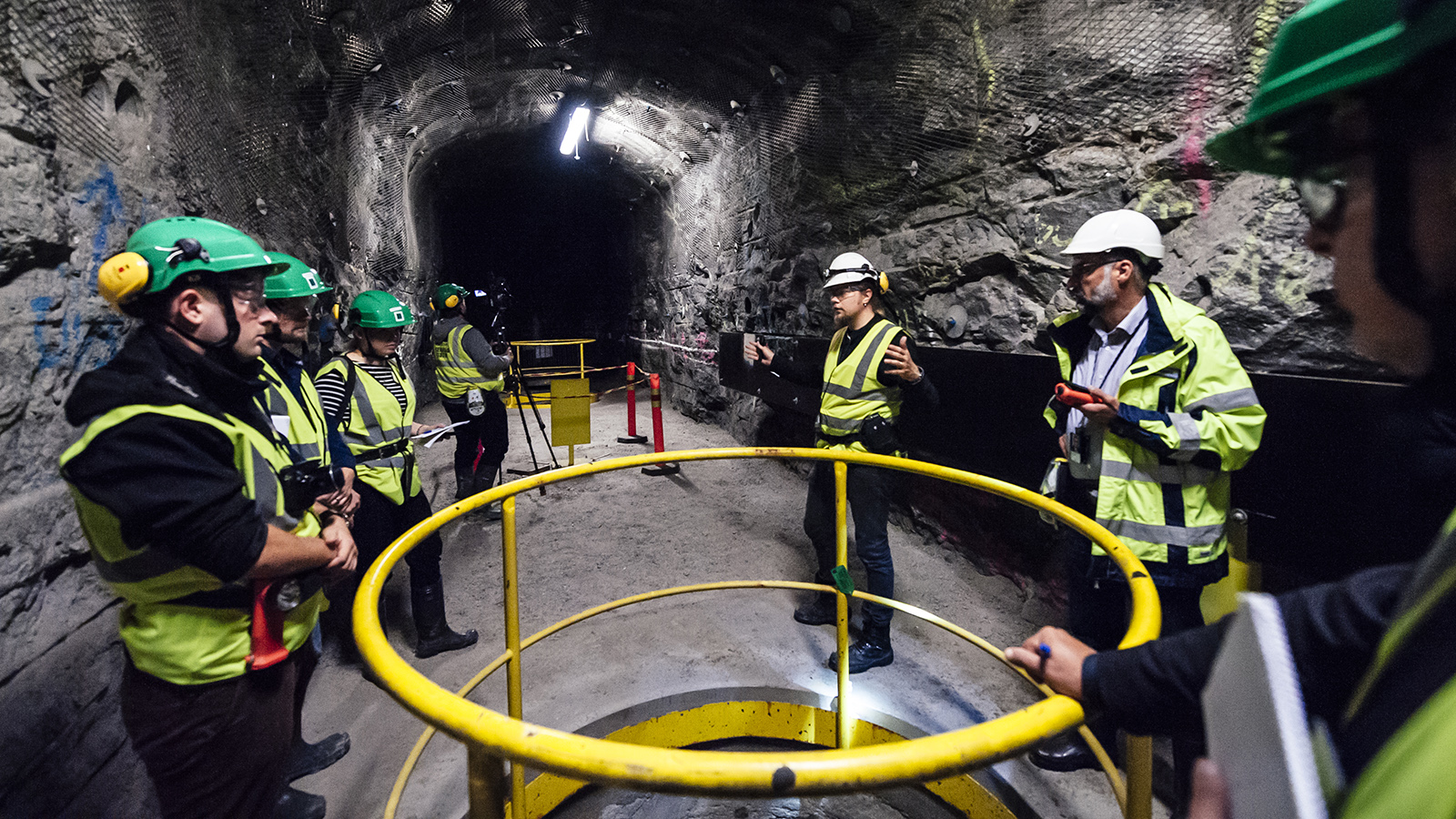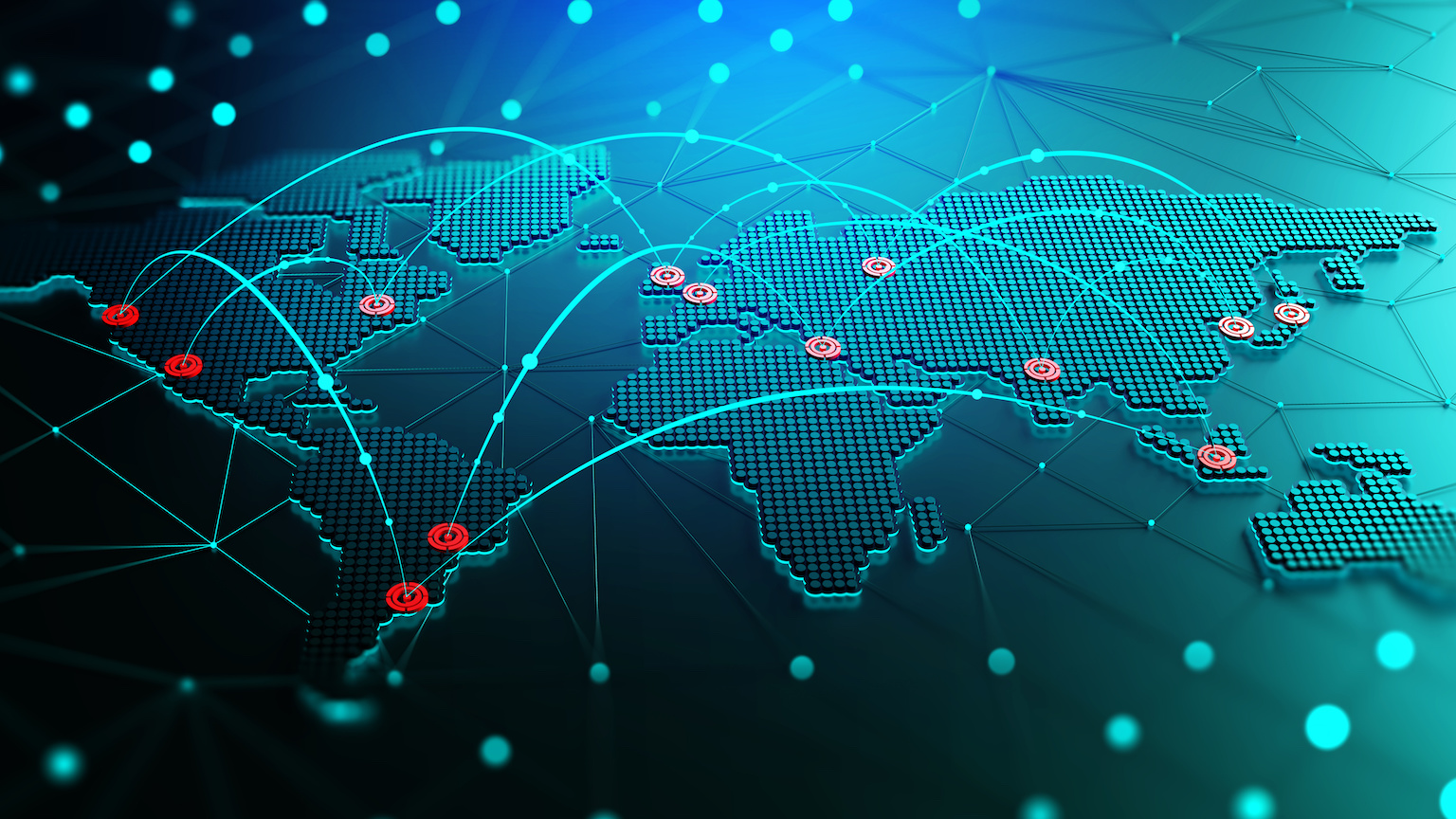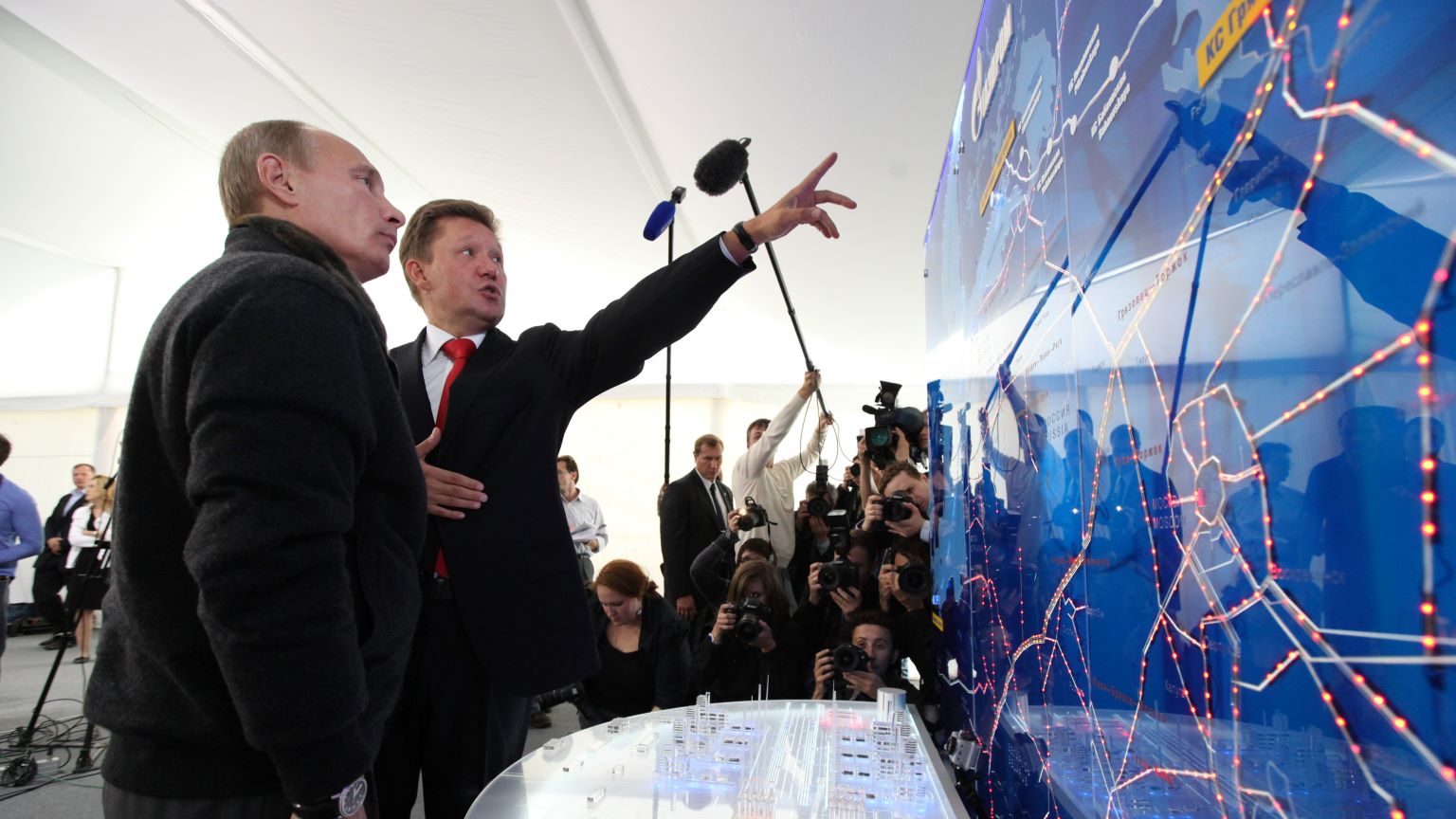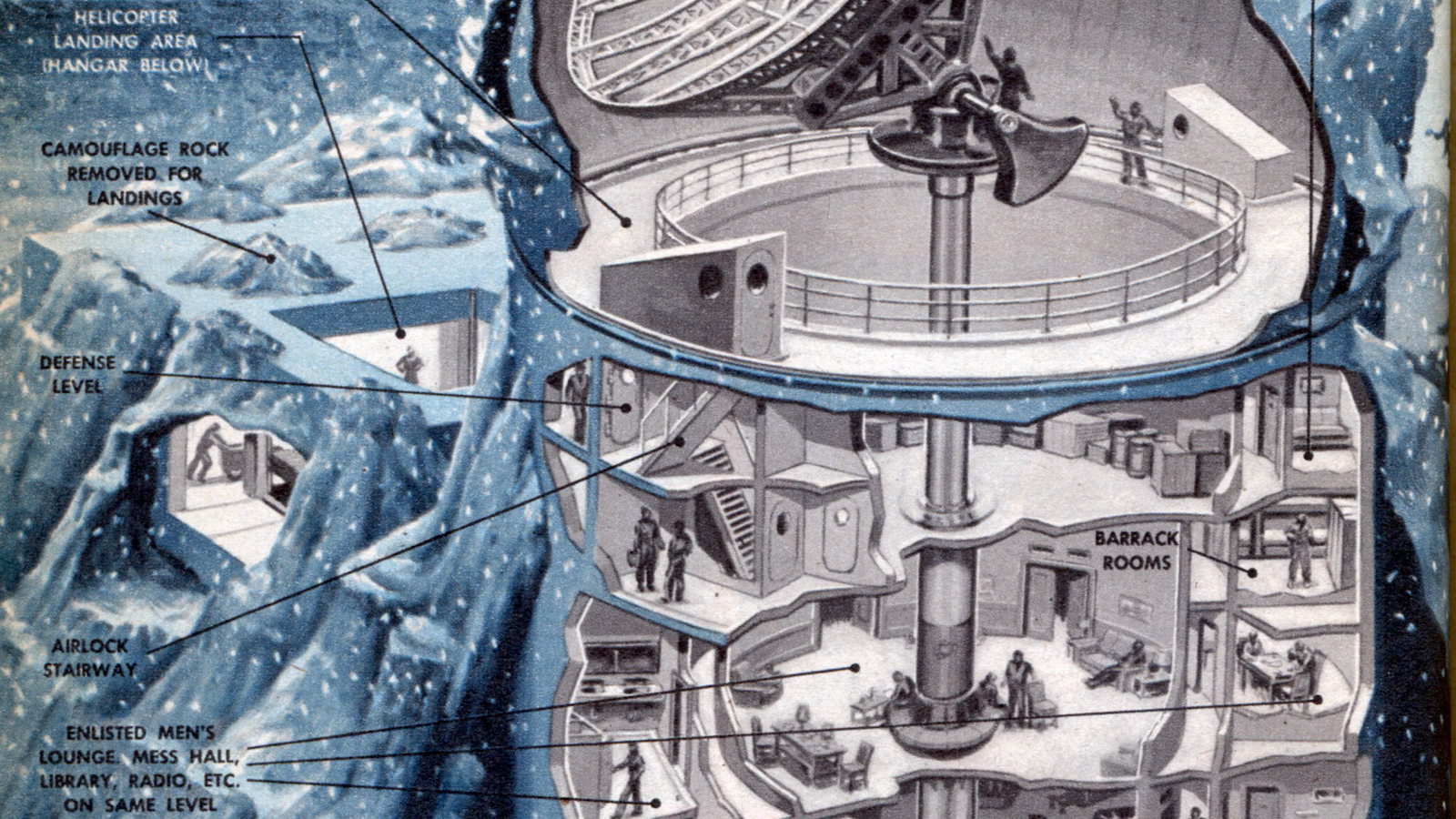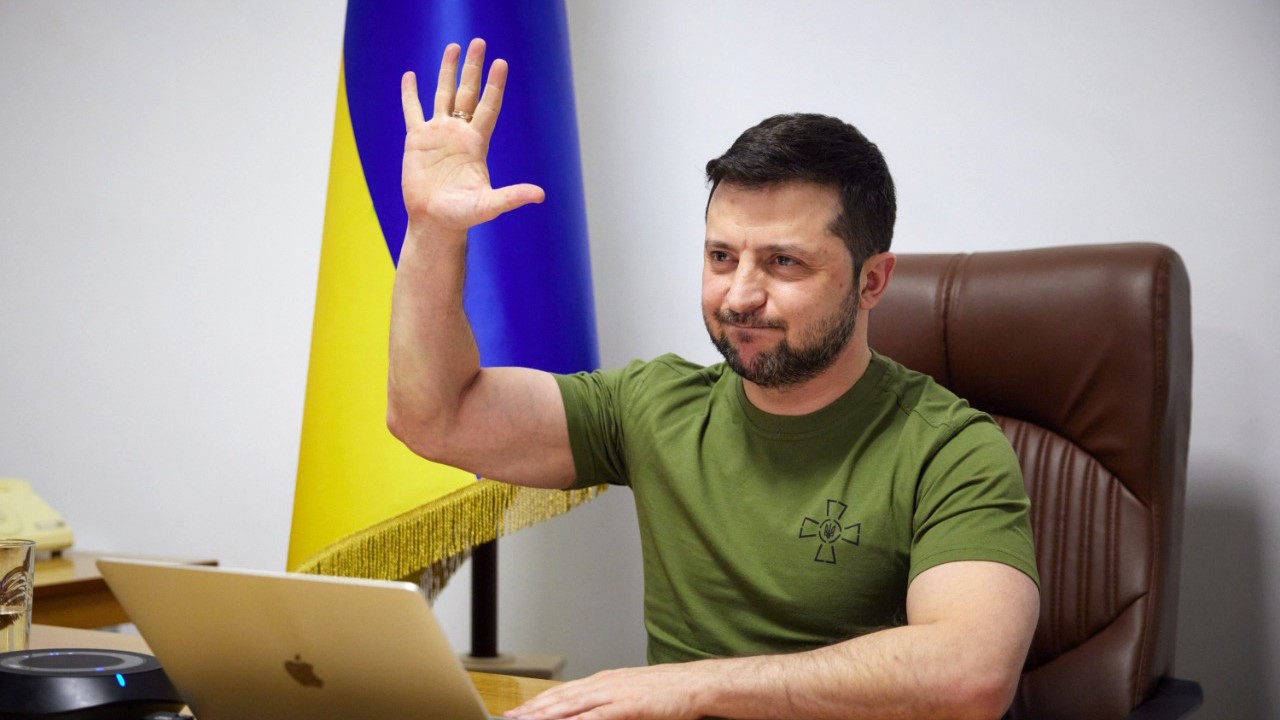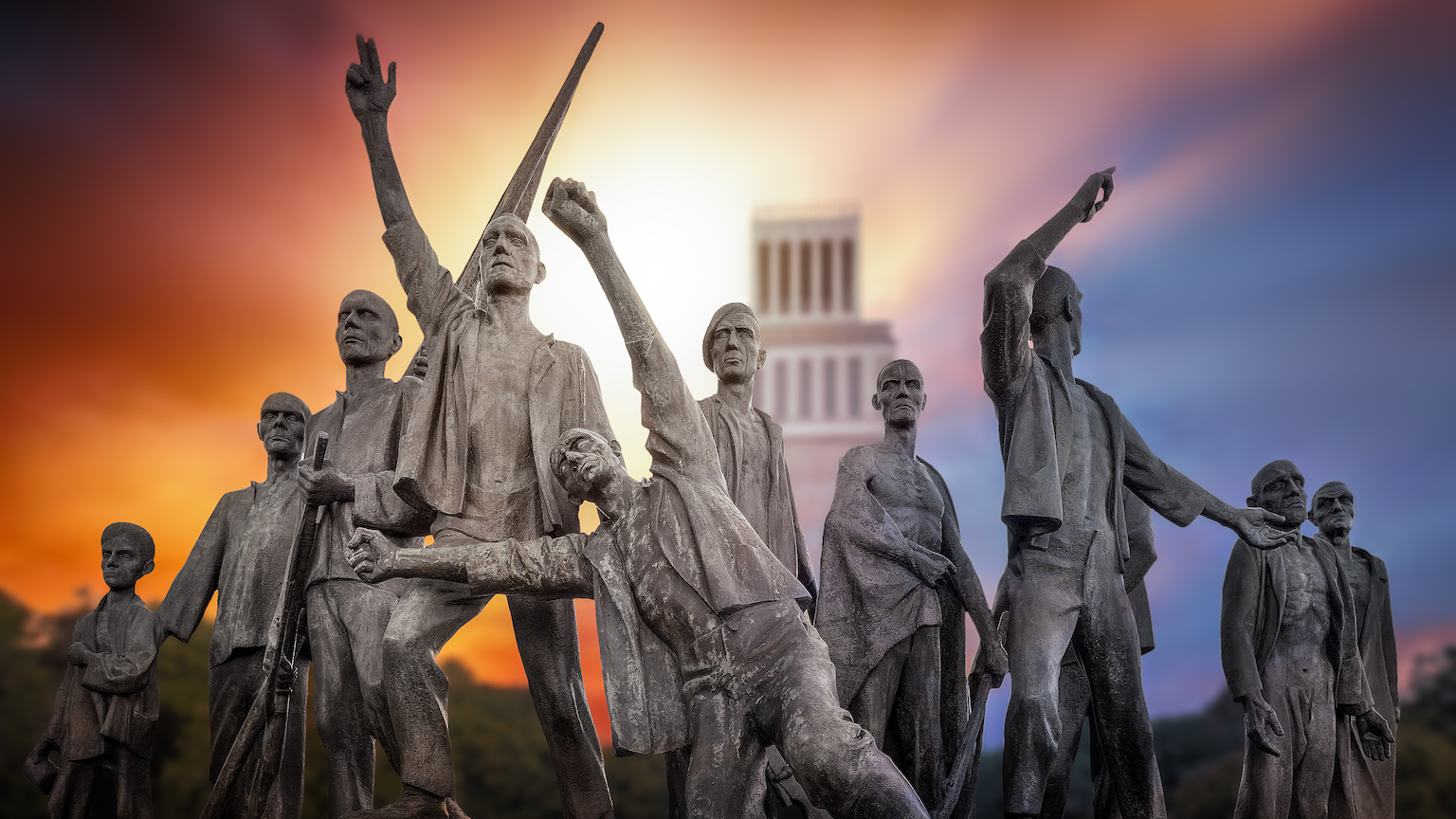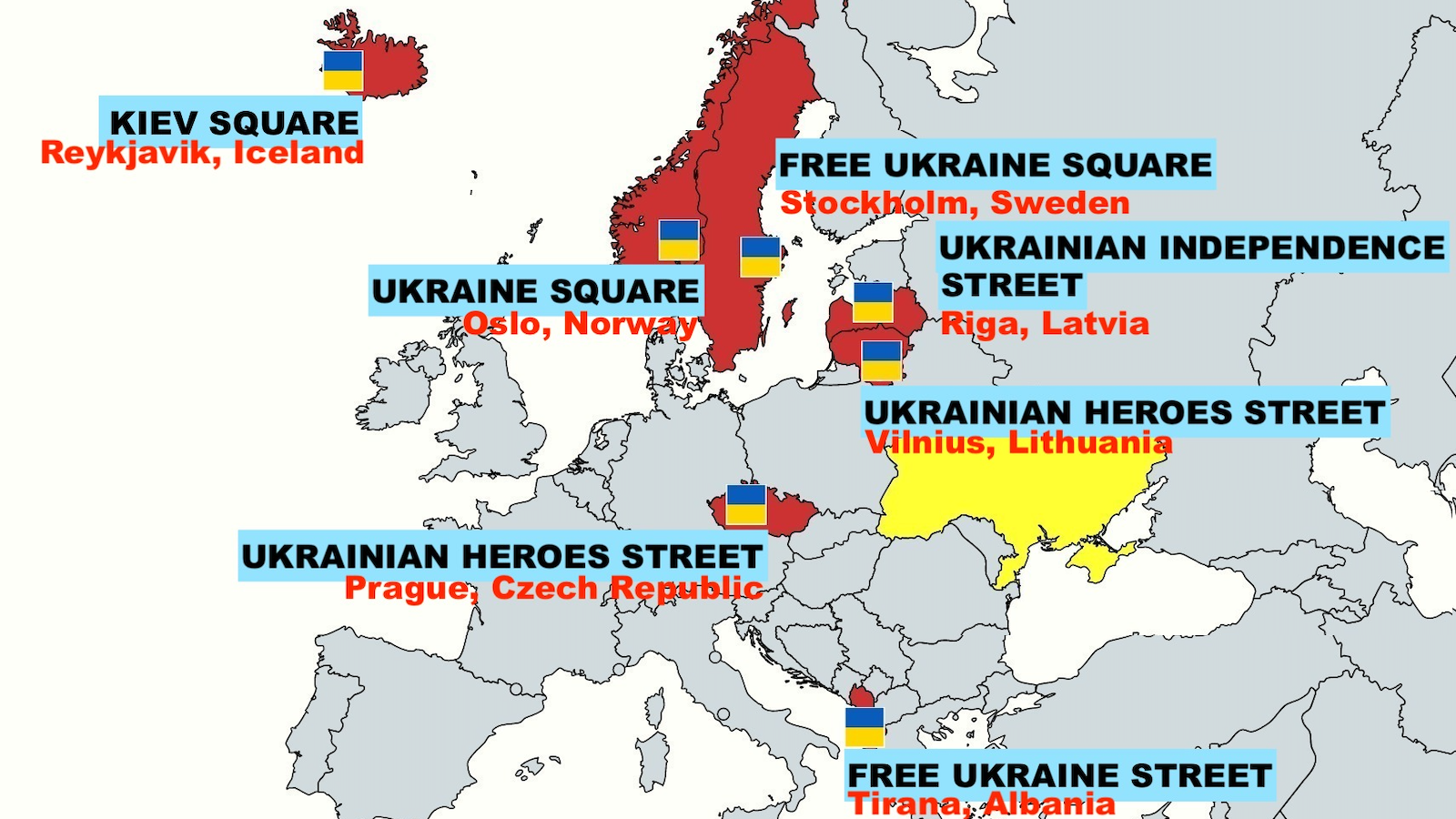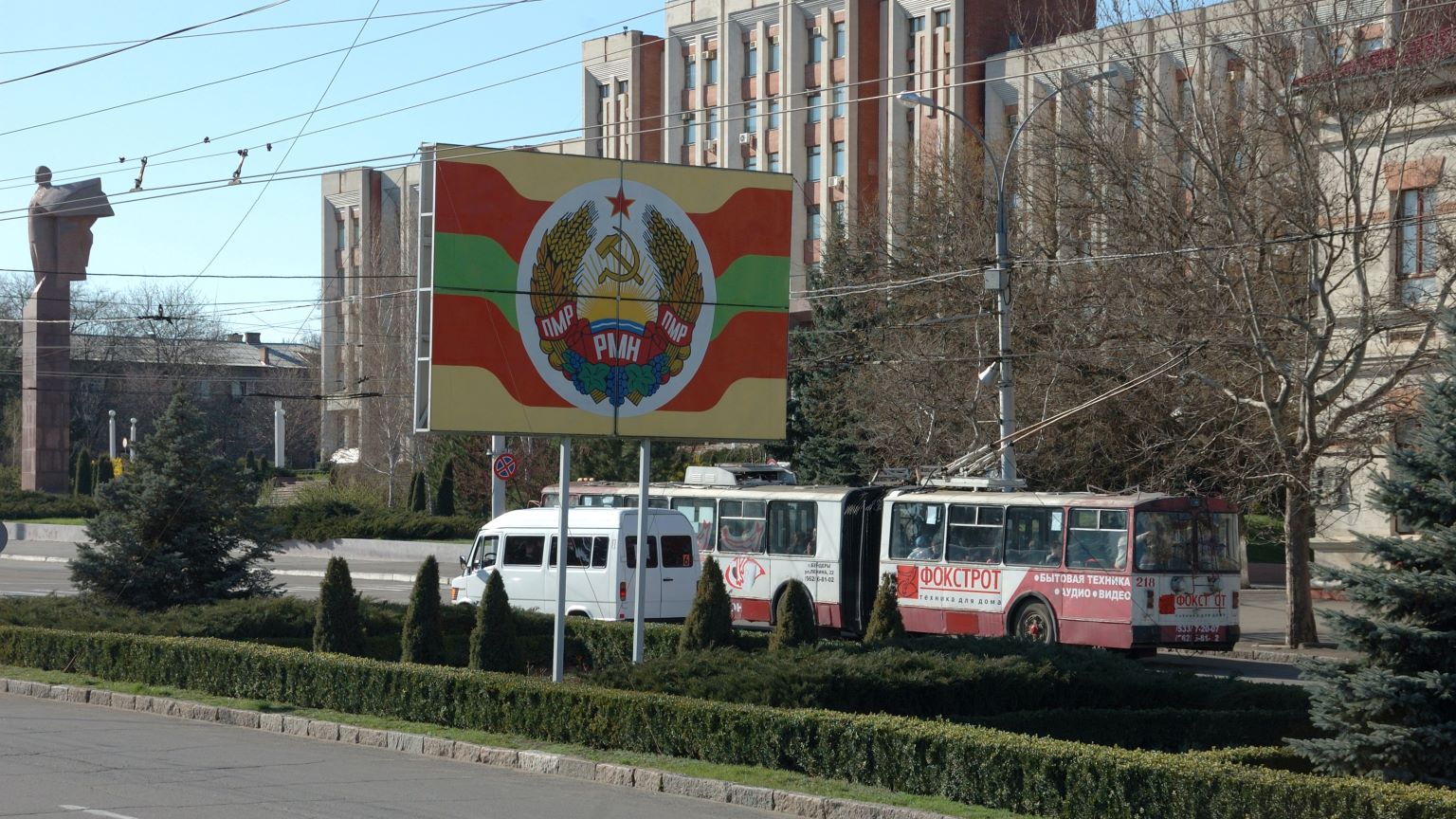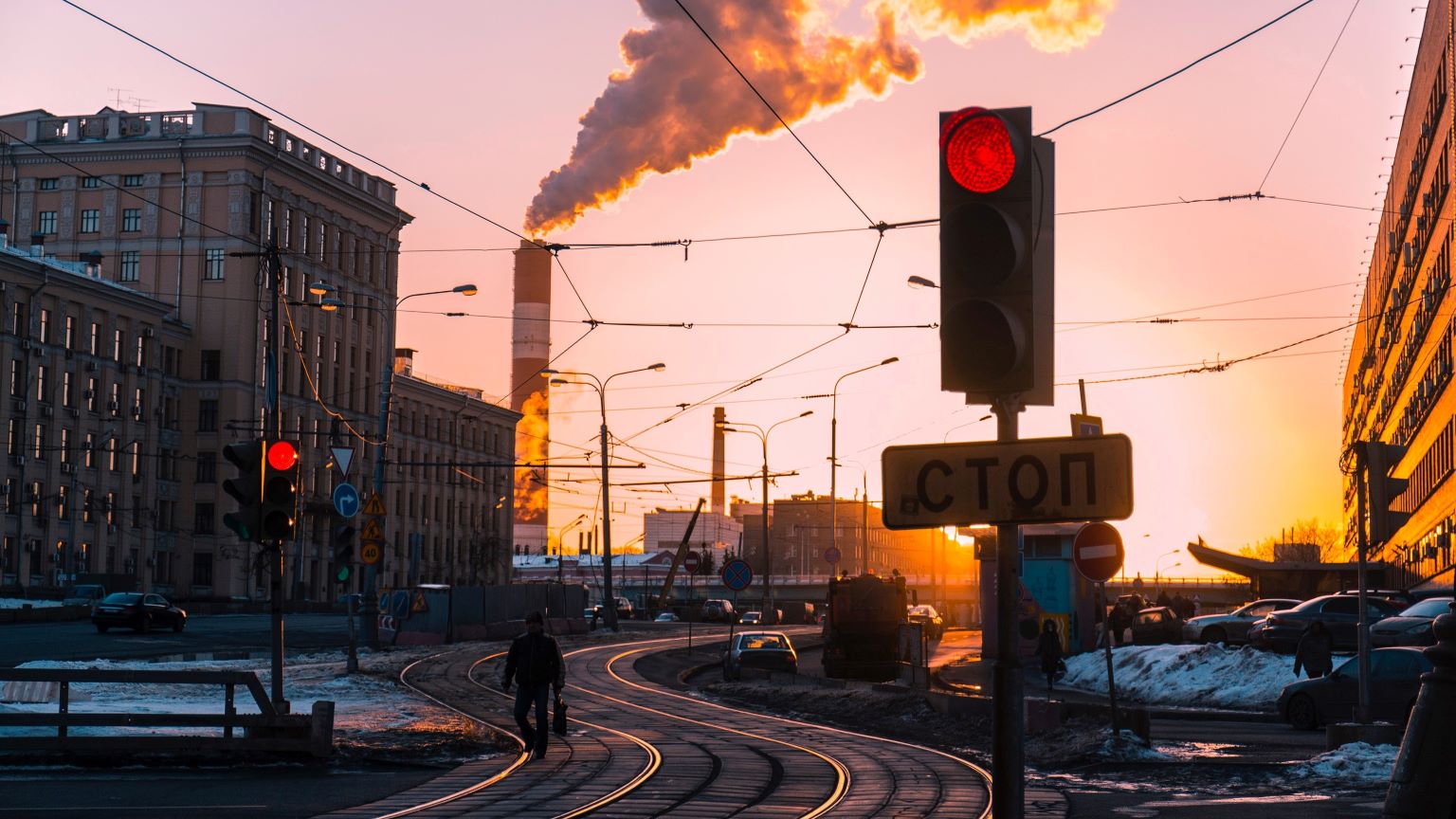geopolitics
For a time, Francis Fukuyama looked like a prophet.
A forensics expert explains what’s involved with documenting human rights violations during conflicts, from Afghanistan to Ukraine.
It is wrong to think that these three statements contradict each other. We need to see that they are all true to see that a better world is possible.
Can a shared language promote peace? Some people think so.
As technology advances, the use of laser weapons in space becomes more likely.
A new technique for analyzing networks can tell who wields soft power.
Explore the key highlights from the UN’s latest release of its world population estimates.
A new bridge joins a divided Croatia, but it cuts Bosnia out of Europe — literally and figuratively. A bridge meant to unite also divides.
Using data collected from ancient civilizations across the world, researchers identified the most significant factors in human development. War came out on top.
The costs of such an endeavor would be extremely high, while the potential payoffs would be uncertain.
“Politics is weird. It’s the only business in the world in which you take a really, really important position, and you give it to someone with no qualifications.” —Tony Blair
More than 300 years ago, a Spanish ship laden with unspeakable treasure sank after a battle. Because of greed, the treasure remains on the sea floor.
A clear alternative has yet to emerge.
In terms of sheer productivity, “-gate” has no peer. Wikipedia’s list of -gates has over 260 entries.
A dispute marked by flags and booze has been replaced with an official land border.
The last time the population shrank was during the great famine of 1959-61.
Only 1% of corn grown is the U.S. is the type that people eat.
Did traditional Chinese thought pave the way for the philosophy of Maoism?
The site will be the first working example of a geological disposal facility.
Geopolitics is not a magic 8-ball. But making financial decisions — such as those regarding retirement — in a multipolar world without geopolitics is akin to flying blind in a storm.
Could Russia’s plan actually destroy demand for natural gas?
Cold War meets Star Wars in this cut-away of a 1950 “rubber bubble,” the first line of defense against nuclear sneak attack.
Aristotle’s ancient virtues play a vital role in today’s war.
Were Hitler’s SS henchmen willing executioners fueled by racial propaganda or mindless servants vying for promotions?
Diplomacy is war by other means.
Ukraine destroyed a railway to prevent passage from Transnistria into Ukraine.
Israel looks to deploy its “Iron Beam” air-defense system within the year.
Some question the ethics of sanctions aimed at cancelling Russian art and culture and punishing ordinary citizens.
Is there victory in defeat?
